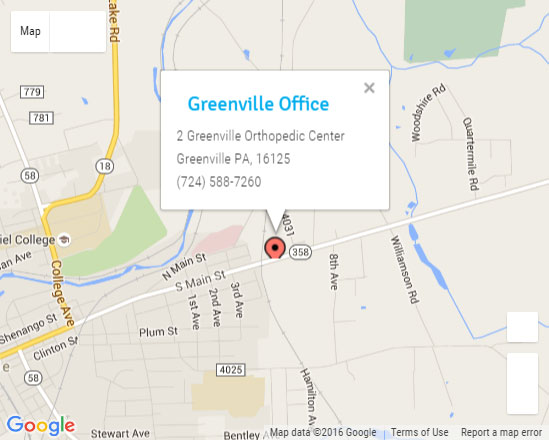At the offices of Drs. Snyder and Dugan, we strive to ensure the long-term health of your mouth against all manners of ailment and disease. This commitment demands expert attention to signs of oral pathologic processes.
The science of oral pathology is concerned with researching, diagnosing, and treating diseases of the mouth, including those which may affect the teeth, gums, glands, and hard and soft tissue. From cavities to oral cancers, oral pathologic processes are universally easier to treat and resolve by identifying problems from early warning signs.
Changes in the appearance of a healthy mouth could be indications of an oral pathology. The following symptoms could be indicators of an oral pathologic process:
- Reddish patches (erythroplasia) or whitish patches (leukoplakia) in the mouth
- A sore that fails to heal and bleeds easily
- A lump or thickening of the skin lining the inside of the mouth
- Chronic sore throat or hoarseness
- Difficulty in chewing or swallowing
These changes may be detected on the lips, cheeks, palate and gum tissue around the teeth, tongue, face and/or neck. Pain doesn’t always occur with pathology, but you should report facial and/or oral pain that occurs without an obvious cause.
Oral Cancer
Oral cancers are among the most serious of oral pathological processes. To successfully treat oral cancer, it’s vital to identify the pathologic process as early as possible.
Our experienced doctors recommend performing a monthly self-examination for warning signs of oral cancer. In the mirror, look and feel for irregularities on the external surfaces of your lips, cheeks, tongue, and the floor and roof of your mouth. Examine the back of your throat for any visual change, keeping your tongue pressed to the bottom of your mouth. Use a small flashlight if available to get a more complete view.
Frequently Asked Questions
What can I do to prevent oral cancer?
Avoid smoking and oral tobaccos — these can significantly increase your risk of oral cancers. Heavy alcohol consumption is also linked to the onset of several cancers, including cancers of the mouth. Getting vaccinated against the human papillomavirus (HPV) can protect against certain cancers of the soft palate, back of throat, and tongue. Additionally, we recommend diligent monitoring for warning signs, because oral cancers can develop in people with no known risk factors.
What treatment is available for oral cancer?
If you exhibit symptoms of oral cancer or pre-cancer, we’ll take a biopsy to verify your condition. A small sample from your mouth will be sent for examination at a specialized lab.
If your biopsy comes back positive for cancer, your doctor will discuss what treatment options are available to address your individual case. Depending on the overall health of your mouth and your specific symptoms, surgery, radiation therapy, chemotherapy, targeted drug therapy, or other strategies may be recommended.
Detect Oral Cancer Early
Don’t ignore suspicious lumps or sores. Contact us to address any underlying oral health problems and find effective treatment.




